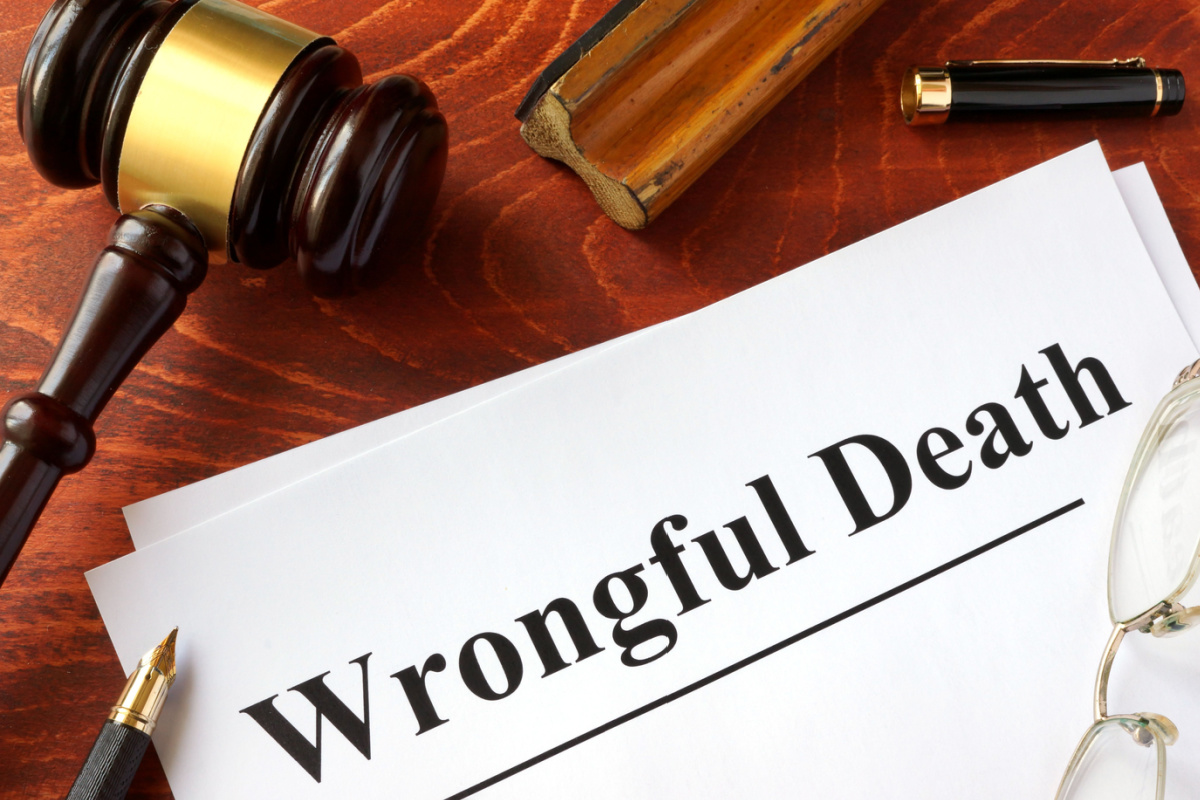
In West Virginia, a wrongful death is one that another person’s neglect, default or wrongful act caused. It is a fatal accident connected to someone’s negligence, wanton disregard for others’ safety or recklessness. In the event of a wrongful death, the representative of the decedent’s estate can file a lawsuit on behalf of surviving family members.
First, the family should find a West Virginia wrongful death attorney to handle the claim and represent the deceased loved one. A lawyer can make the legal process much easier on a grieving family. The lawyer can investigate the fatal accident, searching for signs of negligence to identify the at-fault party. Then, the lawyer can bring a wrongful death cause of action with the correct courts on behalf of surviving family members.
The courts will appoint a family member or attorney to act as the personal representative of the deceased person’s estate. If the deceased person had a will that named a personal representative, the probate courts will not need to appoint someone. The personal representative will have a maximum of two years from the date of the decedent’s death to file a wrongful death claim. The claim will go to the civil courthouse in the county where the fatal accident occurred. A claim should include a description of the accident, the identification of the defendant and a list of damages sought.
Upon filing the claim, the personal representative (the plaintiff) will serve the lawsuit on the allegedly responsible party (the defendant). The defendant will then have a chance to answer the claim with either a settlement offering or a denial of liability. If the defendant answers with a settlement, the plaintiff and his or her attorney can negotiate for a fair and reasonable amount. The wrongful death claim may end here if both parties agree to settle. Otherwise, the claim will proceed to the trial stage.
A wrongful death case in West Virginia that has to go to trial will begin with pretrial motions. Pretrial motions can include subpoenas for certain pieces of evidence or witnesses to testify. They may also include motions to keep evidence out of the trial. In some cases, pretrial motions can lead to a dismissal of the case or a settlement with the defendant.
The next stage of a wrongful death lawsuit is discovery. During discovery, the plaintiff and the defendant’s side of the case will have the chance to find out what the other side knows. Discovery can involve investigations, subpoenas of documents, witness interviews and depositions (interrogations of witnesses under oath).
Most wrongful death lawsuits go before a jury. If this is the case, the trial will begin with jury selection. The attorneys from both sides of the case will ask a pool of possible jurors a list of questions until they narrow down a group of 12. Then, the judge will set a court date for the wrongful death trial.
A trial has three stages: opening statements, witness testimony and cross-examination, and closing arguments. Opening statements give each lawyer’s opposing side of view and what he or she intends to prove during the case. Both sides will then bring up witnesses to testify, along with demonstrations of relevant evidence. The opposing lawyer will have the chance to cross-examine the other side’s witnesses. After all witnesses have spoken, both lawyers will give their closing arguments.
If the plaintiff has proven the defendant more likely than not caused the wrongful death, the jury will side with him or her and award damages. A damage award could pay a family for funeral and burial expenses, lost inheritance, pain and suffering, and other losses. It is very important to trust an attorney with your wrongful death case in West Virginia. An attorney can guide you and your family through the steps of a lawsuit.

Attorney Timothy Manchin established the Manchin Injury Law Group in 2011 after his law partner of more than 25 years became a West Virginia circuit court judge. His focus is on helping individual clients and entire families victimized by negligent acts.
We offer a free initial consultation at our office in the Manchin Professional Building — our home since 1983 — conveniently located in Fairmont.
If you are unable to visit our firm, we can come to your home or hospital room.
Fill out the form below to get in touch!